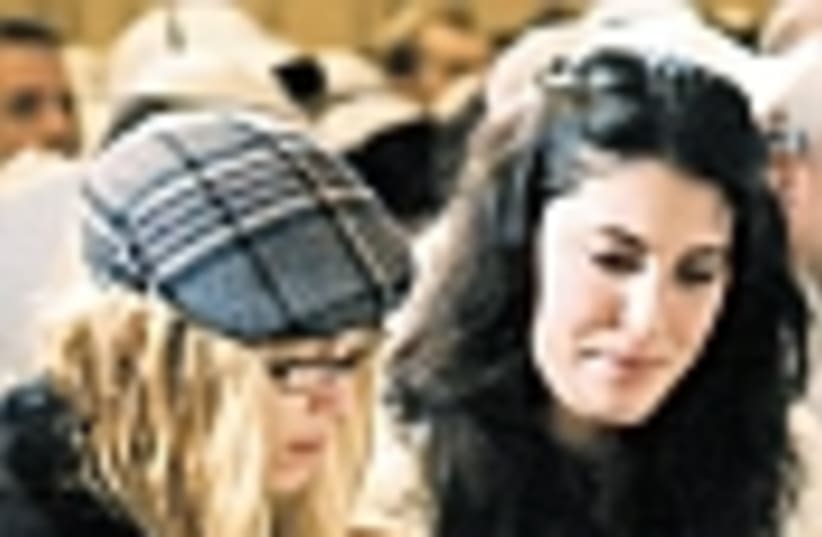| More about: | Nelson Mandela, Madonna (entertainer), Isaac Luria, Tel Aviv |
Fabricating controversy
Is Madonna's Kabbala-inspired music the target of undeserved condemnation?


| More about: | Nelson Mandela, Madonna (entertainer), Isaac Luria, Tel Aviv |